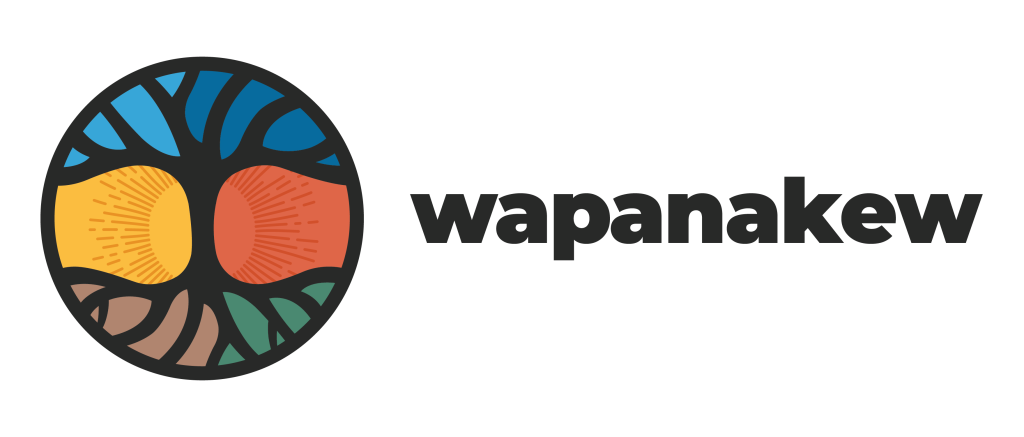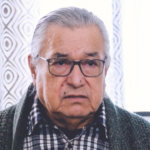On the occasion of the National Day of Truth and Reconciliation, the the University of Ottawa Faculty of Law and the Jurivision team invite you to discover the wisdom of Elder Raphaël Picard, former chief of Pessamit, as he discusses Nutshimit, the vital space where the Innu shape their ancestral legal order. This vignette invites you to catch a glimpse of the richness of Indigenous stories and legal knowledge, brought to light through the testimonies of elders, while highlighting the importance of ongoing dialogue for reconciliation.
This is an overview of the audiovisual educational content developed as part of the Wapanakew project. This initiative of the University of Ottawa Faculty of Law documents Indigenous legal knowledge through engaging audiovisual content designed to raise awareness and educate. The research team collects these invaluable testimonies to enrich the Civil Law Section’s Certificate in Indigenous Law program, thereby creating educational resources that enable Indigenous communities to reconnect with their legal systems while preserving this invaluable knowledge. The audiovisual content produced as part of the project is available in controlled access in the form of video training on the Wapanakew page.


